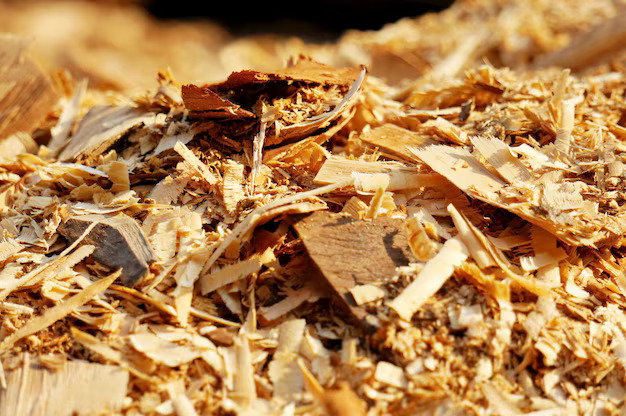Why Mulch Is So Important For Plant Growth?
Mulch is a very common landscaping material, and for good reason. It is affordable, readily available, and simple to use. The best part is that organic mulches are good for the environment and your yard's health.
For thousands of years people are using a variety of materials as mulch to suppress weeds where they were tending crops. But before you search to buy Mulch Adelaide, let’s see how it actually benefits your garden.
How does it Benefit Your Garden?

Imagine your garden soil as a sponge. What makes a sponge better? Icing, of course! Mulch acts like that icing, transforming your garden soil into a richer, more nurturing environment for your plants. Here’s how mulch works its magic:
1. Control Pest and Disease: Organic mulch acts as a natural barrier against pests and diseases. It’s like giving your garden a protective shield that helps keep harmful invaders at bay.
2. Nutrient Boost: Mulch slowly releases nutrients into the soil, providing a steady supply of vitamins and minerals to your plants. This gradual release helps prevent nutrient depletion and keeps your plants thriving.
3. Moisture Management: Think of mulch as a moisture-retaining blanket for your soil. It helps the soil stay hydrated for longer, reducing the need for frequent watering.
4. Shade for Seedlings: Just like an umbrella shields you from the sun, mulch provides shade to delicate seedlings, protecting them from the harsh effects of excessive sun exposure.
5. Temperature Regulation: Mulch acts as an insulating layer, helping to keep the soil temperature stable. This reduces stress on plants caused by extreme temperature fluctuations.
6. Weed Control: By creating a barrier on the soil’s surface, mulch helps suppress weed growth. Fewer weeds mean less competition for nutrients and water, allowing your plants to flourish.
7. Soil Health: Mulch encourages increased biological activity in the soil. It feeds beneficial microorganisms and provides a cozy habitat for earthworms and helpful insects like ladybugs and ground beetles.
8. Erosion Prevention: Mulch helps prevent soil erosion and compaction, particularly in high-traffic areas of your garden, protecting the integrity of your soil structure.
Incorporating mulch into your gardening routine is like giving your garden a gift—one that keeps on giving through healthier plants and a more vibrant garden.
Here are different types of mulch you can use for your garden.
Different Types of Mulch
Hay & Straw: Classic mulching options that are widely available and effective. They help prevent soil from splashing onto plants, reducing the spread of soil-borne diseases.
Pine Bark Mulch: Pine is ideal for more giant trees, shrubs, and plants that stay put for a while. Although it doesn’t break down and enrich the soil as quickly as some organic mulches, it lasts much longer.

Grass Clippings: Ithelps in covering the nooks and crannies of your garden. They’re highly biodegradable and help to suppress weeds in those hard-to-reach spots. However, be cautious—grass clippings can become slimy and smelly as they decompose. Use them sparingly and monitor their condition to keep your garden looking and smelling fresh.
Cocoa Shells: Consider cocoa shell mulch for a touch of whimsy and a delightful chocolate aroma. Not only does it add a rich colour to your garden, but it also gives off a sweet scent that’s sure to please. Just be aware that cocoa shells can be more expensive and might attract pets due to their appealing smell.
Summary:
Organic mulch has a lot to offer to your plants. From protecting it from Weeds and nourishing soil with essential nutrients, your soil will enjoy being covered by mulch.
If you are amazed by the benefits of the mulch, visit your nearby store and buy organic mulch for your garden.


